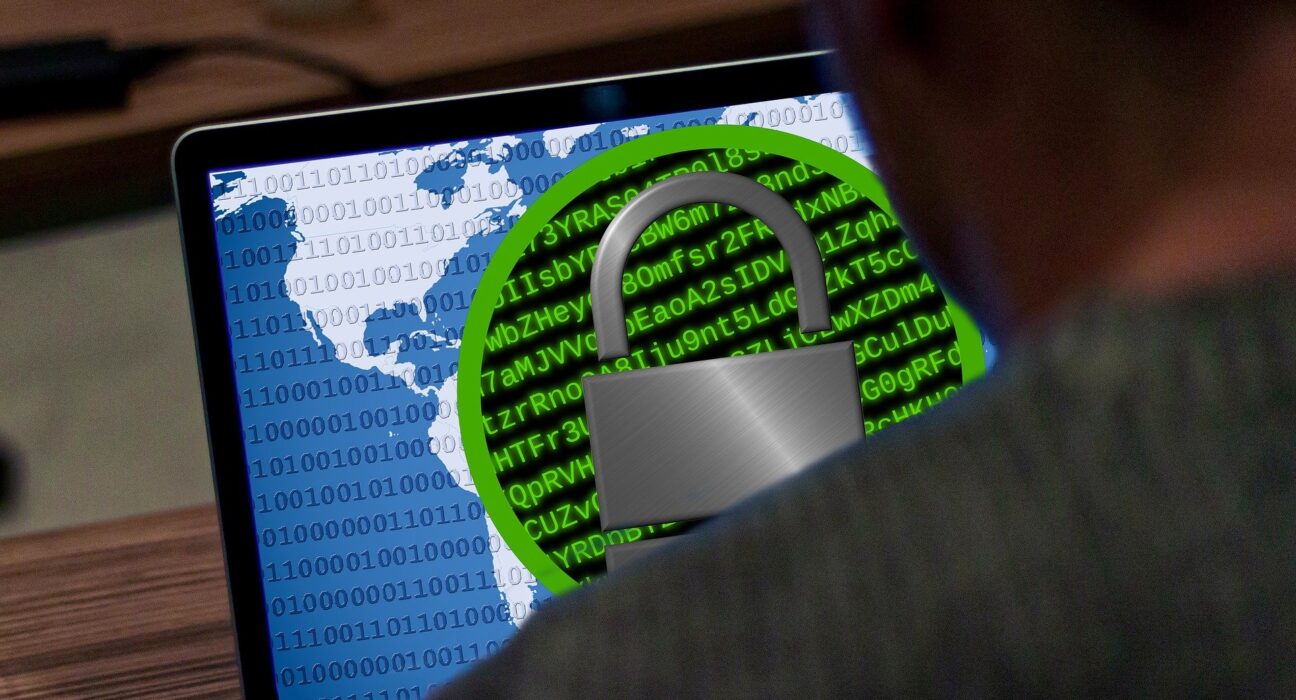DNS Hijack Attack Targets DeFi Projects on Binance Smart Chain: A Blow to Cream Finance and PancakeSwap
Two major DeFi (Decentralized Finance) projects on the Binance Smart Chain (BSC)—Cream Finance and PancakeSwap—have fallen victim to a DNS hijack attack, raising concerns over the security of decentralized platforms. The attackers exploited the DNS infrastructure of these platforms to trick users into sharing their private keys and seed phrases, posing a significant threat to user wallets and funds.
Cream Finance: A Second Attack in 2021
Cream Finance, a key player in the DeFi ecosystem since its launch in July 2020, has experienced its second attack this year. The latest exploit involves hackers taking control of the Cream Finance website’s DNS, using it to redirect users and request sensitive information like seed phrases and private keys.
What Happened?
- Hackers redirected users to fraudulent sites requesting seed phrases.
- Seed phrases, essential for recovering wallets, grant complete control of user funds to anyone who possesses them.
- Cream Finance confirmed that while their smart contracts remain secure, the attackers compromised their website, jeopardizing user safety.
Cream Finance had previously suffered a $37.5 million exploit just over a month ago, highlighting ongoing vulnerabilities within the platform.
PancakeSwap Faces Similar Exploit
Shortly after the Cream Finance exploit, PancakeSwap, the largest DeFi platform on Binance Smart Chain, confirmed a similar DNS hijack attack. Users were redirected to malicious sites, where they were prompted to input their private keys or seed phrases.
Key Actions by PancakeSwap:
- Issued a warning urging users not to access the platform or input sensitive data.
- Verified the DNS exploit within minutes and began working on restoring security.
- Reinforced the critical advice to “NEVER EVER input your seed phrase or private keys on any website.”
The exploit on PancakeSwap has raised concerns due to its prominence as a leading DeFi platform on Binance Smart Chain, emphasizing the need for enhanced security measures in the ecosystem.
Binance CEO Changpeng Zhao Alerts the Community
Binance CEO Changpeng Zhao (CZ) took to Twitter to warn the community about the ongoing attacks. He confirmed the DNS hijack and shared user advisories to avoid engaging with the compromised platforms until further notice.
User Reports:
- Some users reported receiving browser warnings indicating that the PancakeSwap domain was not private and that attackers might steal their information.
- Such warnings are often indicative of phishing attempts or DNS-level attacks.
Implications for Binance Smart Chain
Binance Smart Chain has positioned itself as a major competitor to Ethereum, attracting users with its low gas fees and growing ecosystem. However, these recurring security breaches raise questions about the robustness of the BSC infrastructure.
Key Concerns:
- Trust Issues: DNS hijacks undermine user confidence in DeFi platforms.
- Security Prioritization: The rapid growth of BSC-based projects might be outpacing the implementation of robust security measures.
- Competition with Ethereum: While BSC offers cost advantages, its security challenges could jeopardize its ambition to rival Ethereum.
Best Practices for DeFi Users
The recent exploits underscore the importance of user vigilance in the decentralized finance space. Here are some best practices for protecting your assets:
- Never Share Seed Phrases or Private Keys: These should only be entered into official wallet applications, never websites.
- Verify Website URLs: Always double-check the domain to ensure it is legitimate.
- Use Hardware Wallets: Hardware wallets provide an additional layer of security by keeping your private keys offline.
- Monitor Official Channels: Stay updated with announcements from DeFi platforms and follow security advisories.
- Enable Two-Factor Authentication (2FA): If supported, use 2FA for an added layer of account security.
Conclusion
The DNS hijack attacks on Cream Finance and PancakeSwap expose the vulnerabilities that even established DeFi platforms face. While Binance Smart Chain continues to attract users with its cost-effective solutions, these incidents highlight the need for enhanced security protocols to protect user funds and platform integrity.
As DeFi adoption grows, ensuring user safety through improved infrastructure and user education will be critical to sustaining confidence in decentralized systems.
To learn more about the innovative startups shaping the future of the crypto industry, explore our article on latest news, where we delve into the most promising ventures and their potential to disrupt traditional industries.
Disclaimer: The information provided is not trading advice, Bitcoinworld.co.in holds no liability for any investments made based on the information provided on this page. We strongly recommend independent research and/or consultation with a qualified professional before making any investment decisions.




